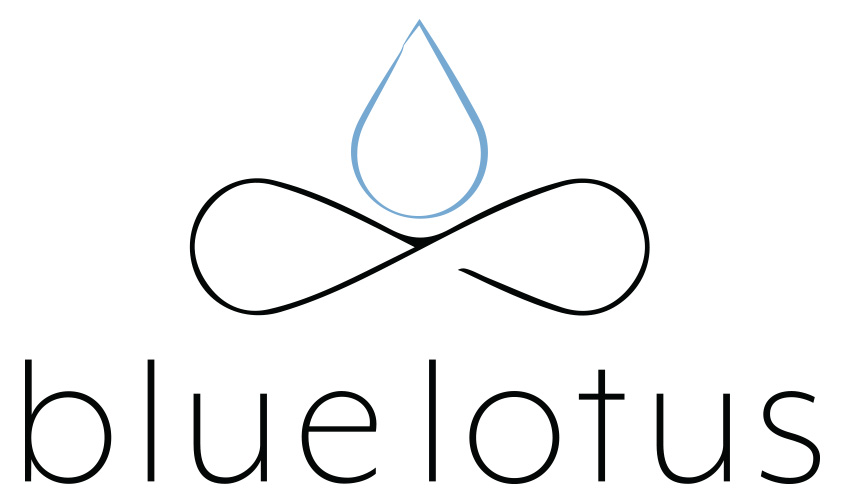Last month, I found myself circling around a question that kept surfacing in conversations, in client sessions, and late-night scrolling: What’s the point? When the world feels like it’s unraveling at the seams, it’s easy to wonder what, if anything, matters at all. What emerged from that reflection was the reminder that the point—our purpose—isn’t found in titles, roles, or accomplishments, but in the aliveness of our being. It’s found in our ability to express the fullness of the soul, regardless of external circumstances. “The point” of it all is to become the truest, most authentic version of ourselves, not someday, but now. It’s the ultimate why.
I got a lot of responses to that post. And in sitting with them, another question began to rise. Once you understand that your being is the point, what then? How do you live that out in real time, in the face of so much uncertainty and so many endings? As we face the state of the world and so much that is out of our control, what can we do? This is the question that has been echoing in recent weeks, and feels like the natural continuation of last month’s theme.
In a conversation with a dear friend about all of this, she offered some wisdom she’d received from Sarah Kerr in her work with the dying. There are three things Kerr encourages clients to say to loved ones at the end of life: Thank you. I forgive you. I’ll be okay. And from the other side, for the dying to say: I love you. I’m sorry. I’ll be okay. Six simple lines. As I sat with those lines and that conversation, I realized how profoundly they speak to this moment in time. Because aren’t we all, in some way, both the dying and the living right now? Grieving what we are losing and what is being lost?
The air is thick with change—personal, cultural, planetary. The ego scrambles in response, trying to make sense of it all by creating a list, a path, a plan. Save enough money. Build the business. Make the future secure. So much grasping to find certainty in the uncertain; okayness in the midst of the decidedly not okay. But the other side of that coin is that the Self does not care about these things. The Self is rooted in something deeper, something steadier, something that whispers: Be here. Be true. Be awake to what holds meaning now. It isn’t that the practicalities don’t matter; the ego and the Self must walk together. But in the hairpin turns of life—those moments when the future is impossible to see—the challenge is to loosen our grip around the illusion of control. It is to pause and ask: What is meaningful in this moment?
We are meaning-making machines. And this is true whether we have a clear map or can’t see around the next curve. And I think the answer to what’s meaningful–what matters–is far simpler than we imagine. It looks something like this: Love them now. Forgive them now. Say thank you now. Its corollary is to extend the same grace inward: I love you. I’m sorry. It will be okay. I don’t think these are sentiments to save for the end of life. They are words to live by, words to orient us toward what matters most and to answer our questions about what to do.They remind us to focus on how we show up, and to pay attention to what we are prioritizing along the way.
The invitation is this: return to what is meaningful. Love. Forgiveness. Gratitude. Grace. To allow these qualities to pour into and flow out of us. To allow them to help us remember who we are and what matters, even when everything else feels unsure. So this month I’m asking, again and again: What is meaningful now? Each time I pause long enough to listen, the answer sounds a lot like love.
Blessings,
xoj



2 Comments
Marie
This is beautiful. Thank you.
larry
another mic drop. :-)
sounds a lot like the Ho'oponopono Mantra: I'm sorry, Please forgive me, I love you, Thank you
And I love the "what is meaningful now?"
xoxo